This award is bestowed upon an individual whose mentoring and/or teaching activities have made a profound impact on careers of students in the field of neuropsychology. The award is presented at each meeting of the Society based on the merits of nominations received.
| Eligible Period: | Mid-career to senior |
| Description: | Recognition of an individual whose mentoring/teaching activities have made a profound impact on careers of students in the field of neuropsychology (evidenced by e.g., accomplishments of the mentor’s trainees). The impact of the awardee’s mentoring should extend beyond the mentor’s home institution. |
| INS Membership Required: | No |
| Requirements: | 1 nomination letter and 2 letters of support |
| Presentation Yes/No: | No |
| Annual/Mid-Year: | Both |
Application Materials: The application should consist of a nominating letter, a CV plus 1-2 letters of support (see criteria). The nominating statements should be written as relating to the specific award for which the member is being nominated (1-2 page max). Nominating statements should be written in English, letters of support may be written in other languages (although English is preferred). Anyone can nominate and write support letters, but we do not accept self-nominations. Please submit all application materials to ins@the-ins.org
Due Date: Nominations may be submitted at any time. Ideally, awards nominations will be received four months prior to the meeting where the award is to be given (either the Annual or Mid-Year Meeting). For an award to be considered for the INS Mid-Year Meeting, please submit nominations by March 31st. For an award to be considered for the INS Annual Meeting, please submit nominations by September 30th of the prior year. Nominations are typically kept under consideration for future meetings if not awarded at a certain meeting (unless the nomination is not eligible).
1 Terminal degree can be either a PhD degree, a master or a certified clinical degree (may vary across countries)
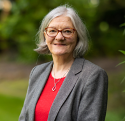

INS 2025 Mid-Year Meeting
Brisbane, Australia – July 2 – 5, 2025
Jacinta has qualifications in the disciplines of speech pathology and clinical neuropsychology. She has extensive research and clinical experience in rehabilitation of adults with acquired brain injury. Jacinta’s research interests involve evidence-based practice, cognitive-communication disorders and living well with acquired brain injury. Her work focuses on measurement of perceived social communication deficits (the La Trobe Communication Questionnaire), coping with communication breakdown, self concept following acquired brain injury and community inclusion of people with brain injury.
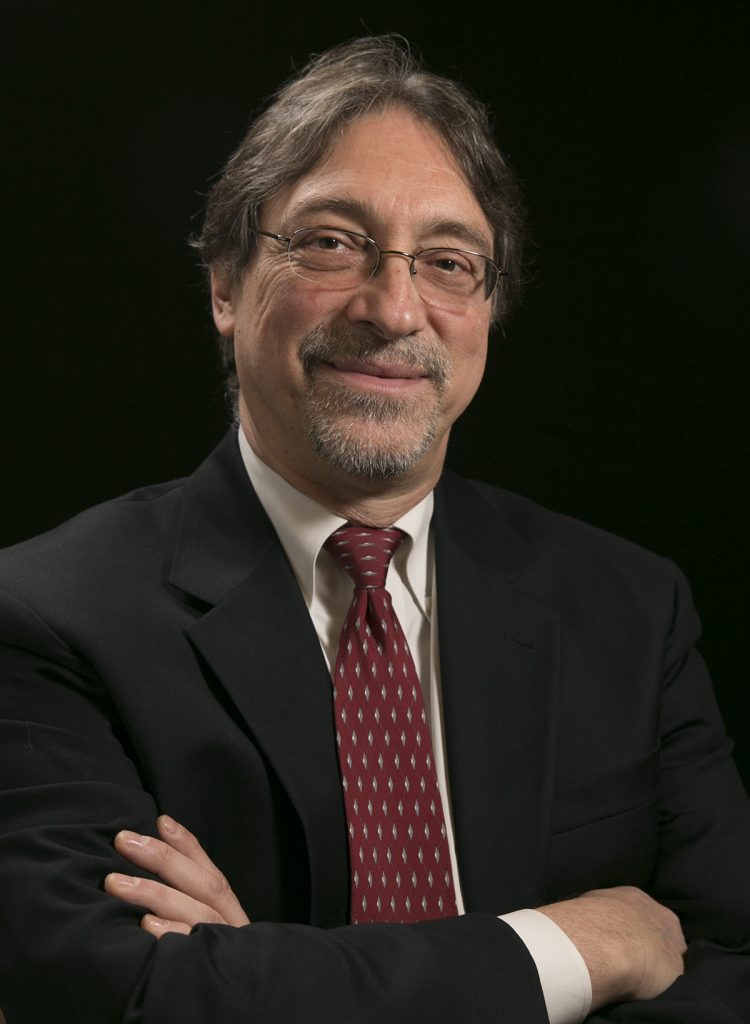

INS 53rd Annual Meeting
New Orleans, Louisianna, USA – February 1-4, 2025
John DeLuca, PhD, is the senior vice president for Research and Training at Kessler Foundation, and a professor in the departments of Physical Medicine & Rehabilitation and Neurology at Rutgers-New Jersey Medical School. He is board certified in rehabilitation psychology by the American Board of Professional Psychology. Dr. DeLuca is internationally known for his research on disorders of memory and information processing in a variety of clinical populations including multiple sclerosis, traumatic brain injury, aneurysmal subarachnoid hemorrhage, and chronic fatigue syndrome. Dr. DeLuca has published more than 425 articles and book chapters in these areas, has edited seven books in neuropsychology, neuroimaging, and rehabilitation, and is a co-editor for the “Encyclopedia of Clinical Neuropsychology.” He has received over $65 million in grant support for his research.


INS 52nd Annual Meeting
New York City, New York USA Meeting – February 14 – 17, 2024
Dr. Suchy’s research is in the area of neuropsychology, with a particular focus on executive functions. Executive functions refer to a set of abilities that allow us to choose the most appropriate behaviors given different contexts, to plan ahead and follow through with our plans, and to avoid acting on impulses. In other words, it is our intact and mature executive functioning that makes it possible for us to avoid behaviors that are typical of babies and young children, such as grabbing someone else’s food when hungry, crying when frustrated, or purposelessly wondering around when looking for something we have lost. |


INS 51st Annual Meeting
San Deigo, California USA Meeting – February 1 – 4, 2023
Dr. Russell Bauer is a Professor of Clinical & Health Psychology and Neurology in the College of Public Health and Health Professions. He received his Ph.D. from Pennsylvania State University in 1979 after completing an internship in Clinical Psychology at the University of Florida Health Science Center. He was Visiting Scientist at the Memory Disorders Research Center at the Boston VA in 1990. He directed the Internship Program in the Department of Clinical & Health Psychology (1987-1992), and was Program Director for the Ph.D. Program from 2000-2006. He was Department Chair from 2006-2011. He is Board Certified in Clinical Neuropsychology by the American Board of Professional Psychology.


INS 50th Annual Meeting
New Orleans, Virtual Meeting – February 2 – 4, 2022
Throughout his career, Professor Bowden has provided strong leadership to the field, developed novel methods and approaches and always advocated for the highest standards in clinical neuropsychology practice. His research has contributed to multiple fields including diagnostic modelling, latent variable structure of cognition and clinical memory disorders. His work has improved understanding of neuropsychological consequences of substance abuse and epilepsy in particular. He has published over 100 publications as first or senior author and collaborated with high impact clinical researchers both locally and internationally.
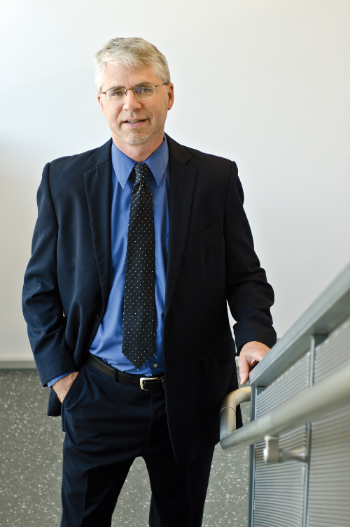

INS 2021 Mid-Year Meeting
Melbourne, Australia – June 30 – July 3, 2021
In my lab we attempt to understand higher level cognitive processes (like attention, memory, speeded information processing, etc.) in the brain, particularly in individuals with neurological diseases in two broad lines of research. One pertains to neuropsychological aspects of multiple sclerosis (MS). In our research on MS, there is special emphasis on contributors to depression, cognitive functioning, fatigue, and general quality of life. For our concussion research, my students and I run the sports concussion program for Penn State, something that involves neuropsychological testing of many of the athletes involved in contact sports. We are especially interested in predictors of outcome following concussion, including motivation at baseline, cognitive variability, premorbid personality characteristics, and cognitive reserve. We have also recently begun to explore genetic factors that predict concussion outcome. Finally, we are part of a cross-cutting effort to study sports-related concussion through collaboration among the Big Ten and Ivy League schools.
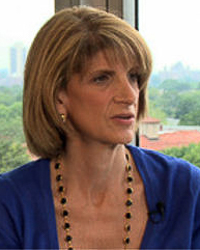

INS 2021 Mid-Year Meeting
Melbourne, Australia – June 30 – July 3, 2021


INS 49th Annual Meeting
San Diego, Virtual Meeting – February 2-5, 2021
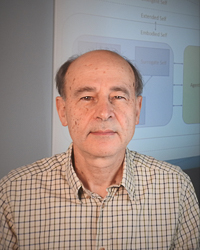

INS 49th Annual Meeting
San Diego, Virtual Meeting – February 2-5, 2021
In conjunction with INS, Psychological Assessment Resources (PAR), Inc. established an award to honor the contributions of Dr. Paul Satz. This award was bestowed upon an individual whose mentoring and/or teaching activities have made a profound impact on careers of students in the field of neuropsychology. The award was presented at each meeting of the Society based on the merits of nominations received.
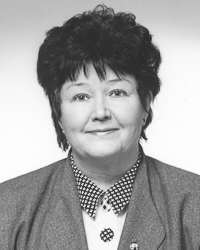

INS 2020 Mid-Year Meeting
Virtual Event Meeting – July 1-2, 2020
Dr. Laaksonen began her career as a psychologist at the Neurology Clinic of Helsinki University Central Hospital in the early 1970s, at a time when neuropsychological research and rehabilitation were still in their infancy in Finland. She actively created a knowledge base in collaboration with Finnish and international practitioners, thereby building the theory- and research-based approach that is characteristic of Finnish clinical neuropsychology. Later, Laaksonen worked at the Käpylä Rehabilitation Center of the Finnish Association for the Disabled, where her work focused on neuropsychological rehabilitation and multidisciplinary cooperation.
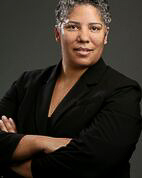

INS 48th Annual Meeting
Denver, Colorado USA – February 5-8, 2020
Dr. Manly is an absolute powerhouse researcher, scholar, leader, advocate, educator, mentor, and role model. Her career in neuropsychology of over 20 years has not only changed the scientific and public discourse regarding cultural factors and brain-behavior relationships, but has also touched the lives and careers of many mentees. Dr. Manly is beyond deserving of this award because of her dedicated and effective mentoring to students in high school, undergraduate, and graduate school, as well as research assistants and postdoctoral fellows in both research and clinical settings.
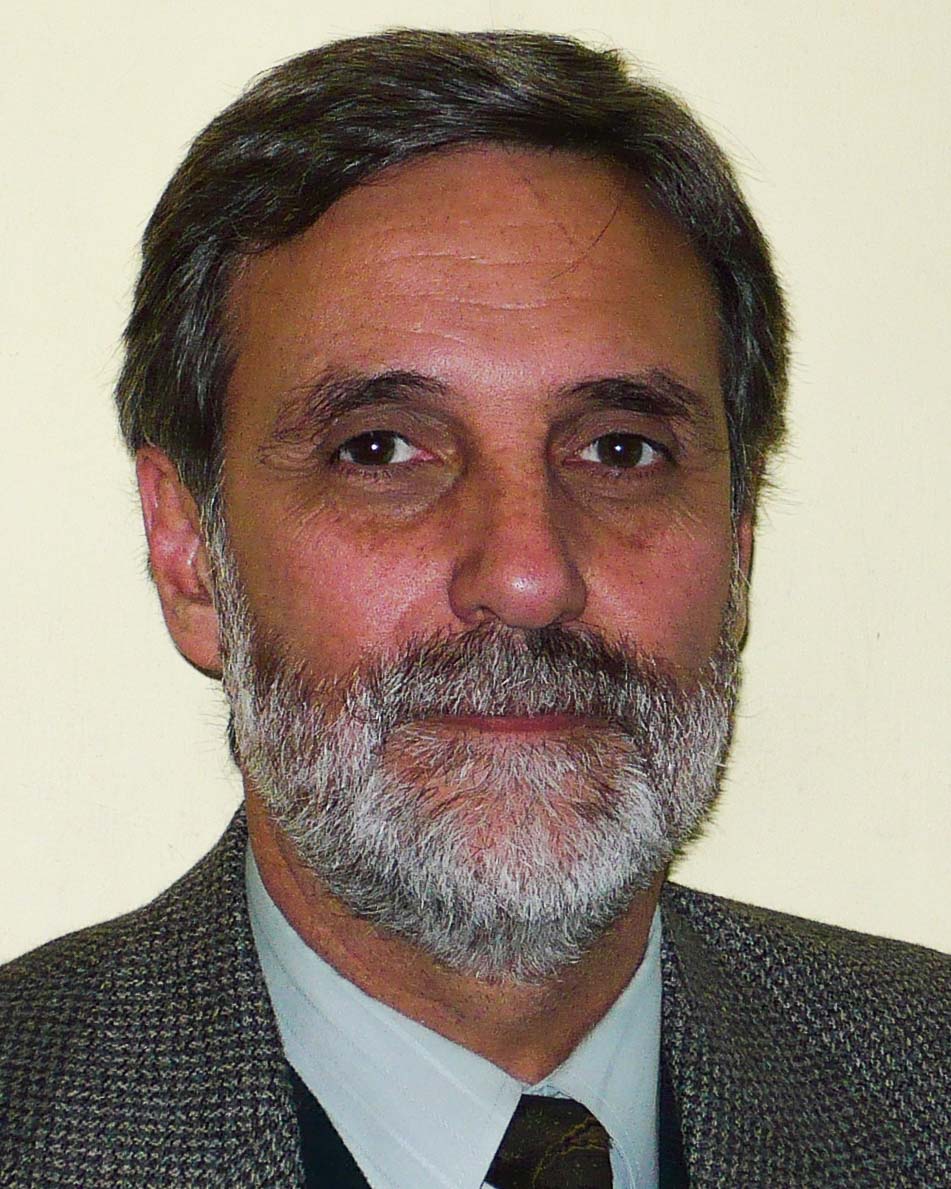

INS 2019 Mid-Year Meeting
Rio de Janeiro, Brazil – July 10-12, 2019
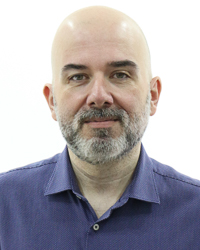

INS 2019 Mid-Year Meeting
Rio de Janeiro, Brazil – July 10-12, 2019
Leandro Fernandes Malloy-Diniz is a Brazilian neuropsychologist and researcher. He is known for his work on executive functions, decision-making, and impulse control, both in typical development and psychiatric conditions. He holds a PhD in Pharmacology and Molecular Biochemistry and is an Adjunct Professor at the Federal University of Minas Gerais, Brazil.
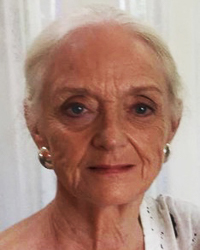

INS 47th Annual Meeting
New York City, New York, USA – February 20-23, 2019
Dr. Bernstein epitomizes an individual whose mentoring and teaching activities “have made a profound impact on careers of students in the field of neuropsychology,” the key criterion for the Paul Satz/INS Career Mentoring Award. When we also consider the trainees of her trainees—and their trainees—Dr. Bernstein’s reach becomes truly worldwide. She is the professional grandmother—and greatgrandmother— of many leading pediatric neuropsychologists, all of whom consider themselves fortunate to have fallen into her sphere of influence.
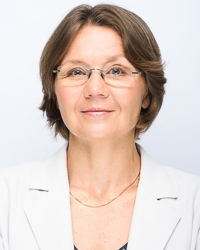

INS 2018 Mid-Year Meeting
Prague, Czech Republic – July 18-20, 2018
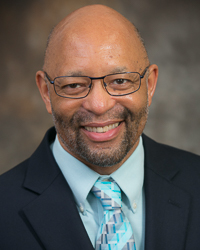

INS 46th Annual Meeting
Washington, D.C, USA – February 14-17, 2018
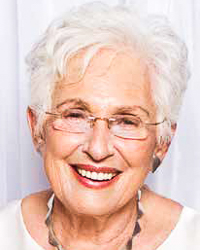

INS 2017 Mid-Year Meeting
Cape Town, South Africa – July 5-8, 2017
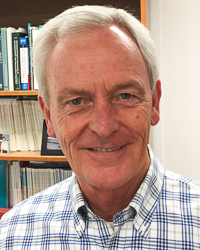

INS 45th Annual Meeting
New Orleans, Louisiana, USA – February 1-4, 2017
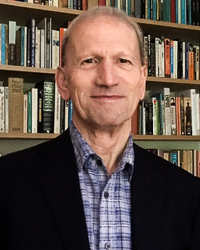

INS 2016 Mid-Year Meeting
London, England, UK – July 6-8, 2016


INS 44th Annual Meeting
Boston, Massachusetts, USA – February 3-6, 2016
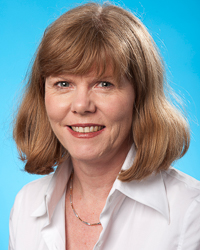

INS 2015 Mid-Year Meeting
Sydney, Australia – July 1-4, 2015
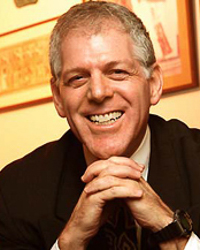

INS 43rd Annual Meeting
Denver, Colorado, USA – February 4-7, 2015
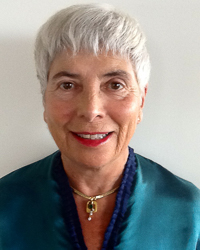

INS 2014 Mid-Year Meeting
Jerusalem, Israel – July 9-11, 2014
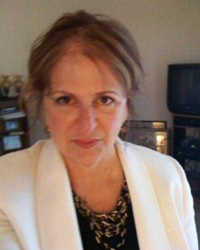

INS 42nd Annual Meeting
Seattle, Washington, USA – February 12-15, 2014
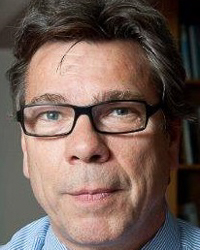

INS 2013 Mid-Year Meeting
Amsterdam, the Netherlands – July 10-13, 2013
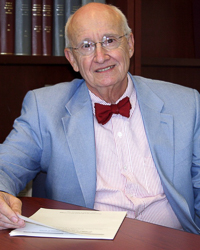

INS 41st Annual Meeting
Waikoloa, Hawaii, USA – February 6-9, 2013
Kenneth M. Heilman, M.D., a founder of the field of behavioral neurology impacted generations of young neurologists worldwide and served the University of Florida College of Medicine for over 50 years. Behavioral neurology is a subspecialty focused on memory and cognitive disorders, and under Heilman’s leadership, UF developed one of the earliest fellowship programs in the field. To date, nearly 100 trainees have completed UF’s fellowship program and then spread across the world to practice and pass on the lessons to up-and-coming physicians. He was a researcher in disorders involving attention, emotion, motor programming, language, and memory. His work and that of his trainees extended to almost all areas of neurology. His studies of cognition in dementia, Parkinson’s disease, epilepsy, and stroke were huge contributions to the field.
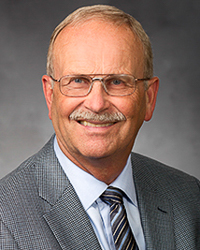

INS 40th Annual Meeting
Montreal, Quebec, Canada – February 15-18, 2012
Erin D. Bigler is a professor of psychology and neuroscience at Brigham Young University (BYU) since 1990. He served as chair of the Psychology Department from 1996 through 2002. In 1990, he established the Brain Imaging and Behavior Laboratory at BYU, which studies the role of neuroimaging variables in cognitive and neurobehavioral disorders such as traumatic brain injuries, neurodevelopmental disorders including autism and learning disabilities, anoxic brain injuries and other acquired injuries of the brain as well as aging and Alzheimer’s disease. In 2013 he was the Founding Director of BYU’s new Magnetic Resonance Imaging Research Facility and served there from its inception through 2014.Dr. to assume his current position at BYU. For 40+ years he has either directed or co-directed the subspecialty training in clinical neuropsychology at the University of Texas or BYU.
ATTN: Neurology Admin/INS
175 N. Medical Dr., 5th Floor, Salt Lake City, Utah 84132, USA